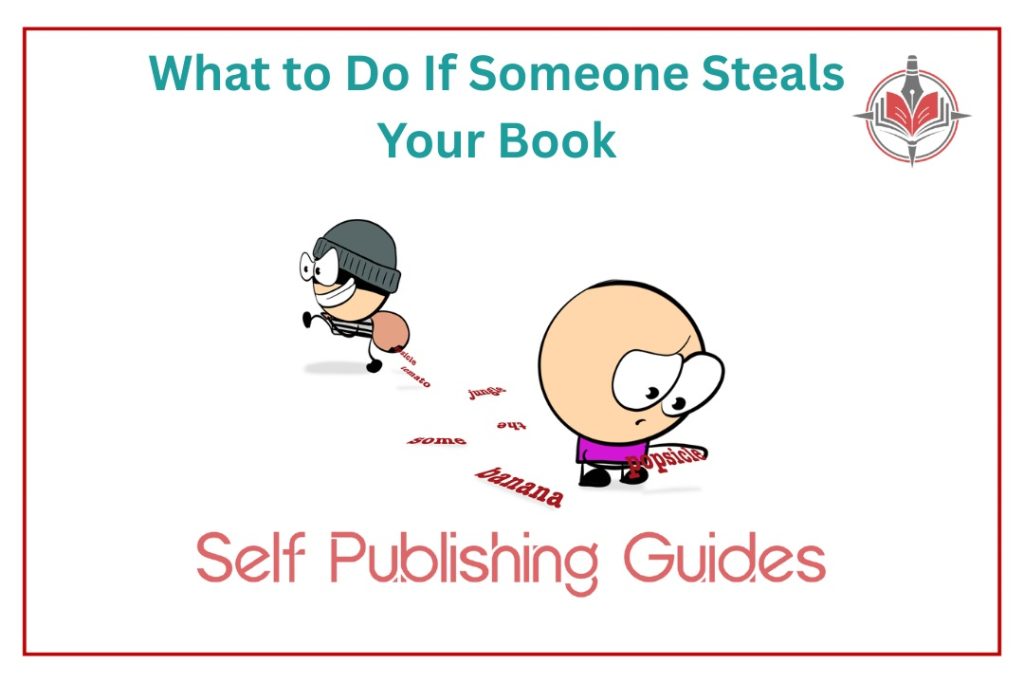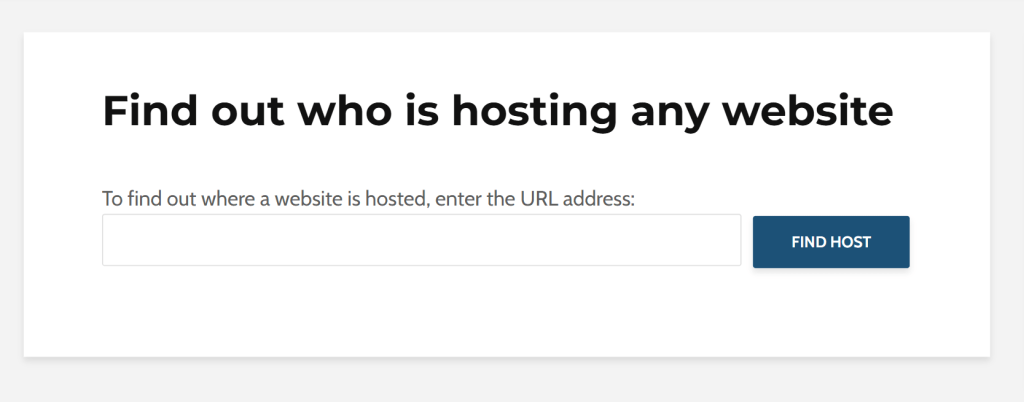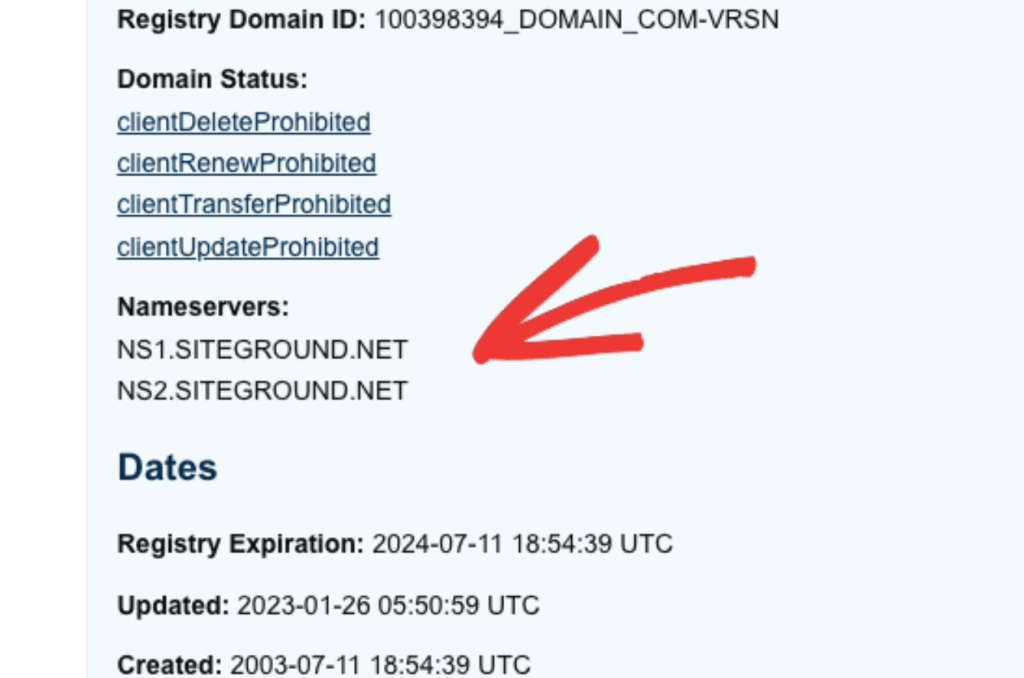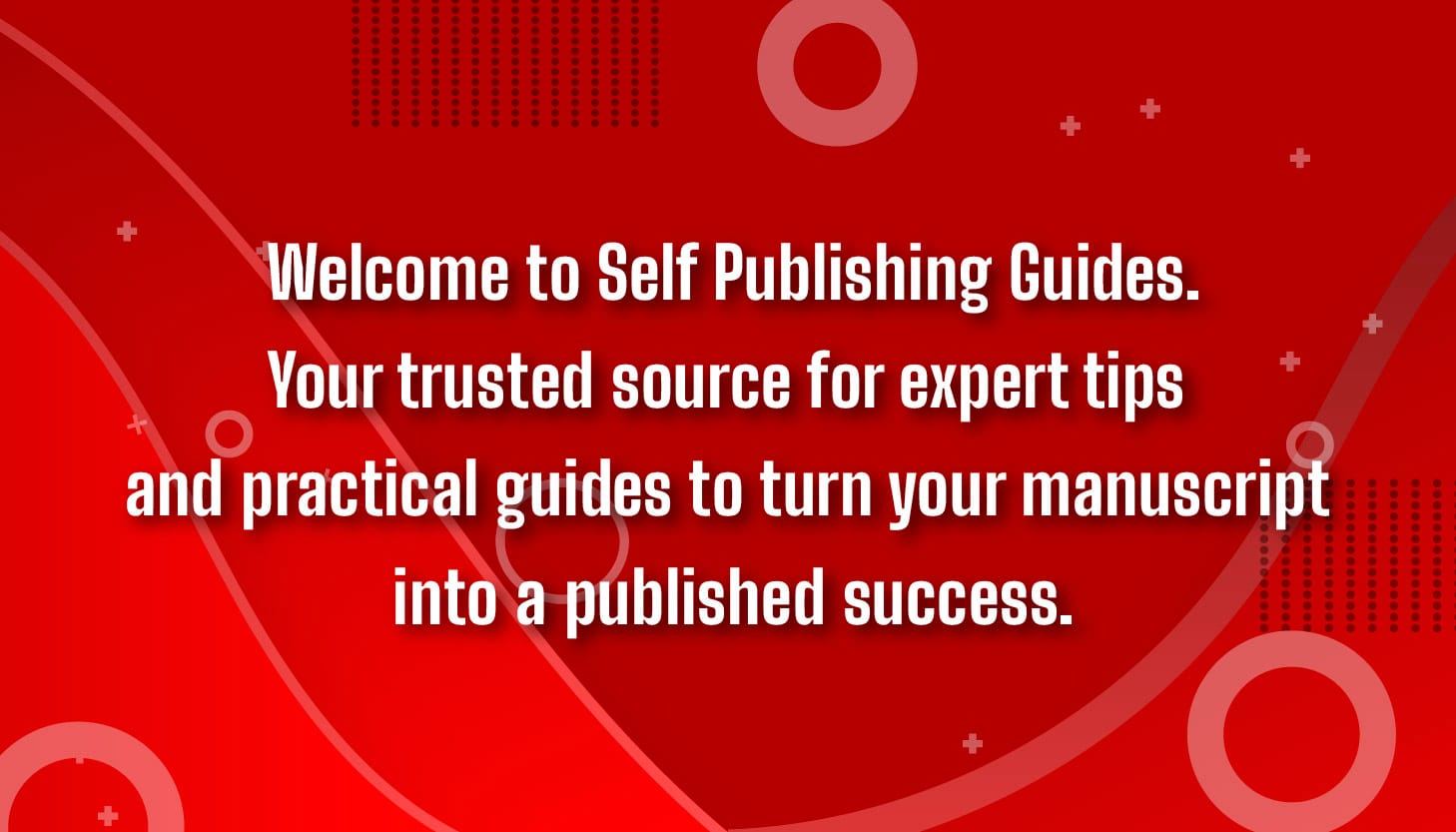
Imagine this: you’ve poured your heart into writing a book, polished it, published it, and one day you search online and find a copy being given away (or sold) without your permission. Your heart drops. You feel furious, helpless, betrayed. But at that moment, you still have options. Having a calm, strategic response can make all the difference, both emotionally and legally.
Know When It’s Worth Acting; Or When to Let It Go
First, you want to assess whether a “stolen book” listing is real or just a fraudulent lure. Some websites take popular book titles from catalogs or store listings, then claim a free copy is available, but they don’t actually host your content. Their goal might be to get you to sign up for a shady subscription, or to trick you into giving personal details.
So before you jump into action, check carefully: does the listing really show content from your book? Is it offering downloadable text or just a “request copy” form? In many cases, pursuing every single fake listing is not worth your time. Focus on violations that genuinely compromise your work, reputation, or income.
Gather Strong Evidence
If you decide a stolen book case is worth fighting, start by gathering proof. Capture high-resolution screenshots, record URLs, note timestamps, copy page snippets that match your original text (with enough context). Save all communication attempts and metadata. This evidence will be the foundation of your claim, without it, authorities or platforms may dismiss your request.

Reach Out to the Site or Seller First
Often the simplest route works: try contacting the person or site hosting the stolen content. Use any “contact us” page, “abuse” address, or even WHOIS lookup to find administrative contact info. Explain clearly who you are, assert that the content is yours, request removal, and politely mention that you may take further action if there’s no response.
This step sometimes gets fast results, many operators don’t want a legal headache and will comply, especially if they aren’t deriving significant profit from your book.

Escalate to the Host or DNS Provider
If you don’t get a response from the site, go one level up: identify the hosting provider or DNS service hosting that domain. In domain registration databases you’ll often find name servers or hosting details. Contact that host’s abuse department, explain the copyright violation, provide evidence, and ask them to remove or disable access to the infringing site. Hosting companies generally prefer to avoid involvement in copyright disputes and may intervene.

Involve the Registrar
In tougher cases where the site owner and host ignore your requests, you can contact the domain’s registrar (the organization that registered the domain name). The registrar often has policies for abuse or for copyright claims. You can submit a formal complaint, reference your collected evidence, and demand takedown via their abuse channels.
Submit a Formal Copyright Notice (e.g. DMCA)
When simpler tactics fail, you may need to file a formal copyright takedown request (for example, under the DMCA or equivalent law in your country). This involves submitting a notice that includes your identity, statements of ownership, a description of the infringing material, and a legally binding declaration of good faith (sometimes with a signature).
Many hosting providers, registrars, and platforms have designated routes or forms for these requests. If you are in a jurisdiction outside DMCA (e.g. your country has its own copyright law), use the corresponding legal framework. The goal is to force the infringing content offline through a formal, enforceable process.
Get Google to Remove the Cached Copy
Even after the site removes the stolen content, search engines like Google may still show cached or archived pages in search results. You’ll want to request removal of “outdated content” via Google’s webmaster tools (or similar tools for other search engines). This ensures people don’t continue to stumble on the link even after it’s gone.
Use Monitoring or Takedown Services
If you want to save time, there are services that scan the internet, detect unauthorized copies of your book, and issue removal notices on your behalf. For some authors, paying a monthly fee is worthwhile. But for many, the cost or effort might exceed the benefit, especially if the stolen content is not widely distributed.
Protecting Your Work (Before It Happens)
Prevention is your best defense. Make sure your book has a clear copyright notice, register your copyright where that is possible, and build a robust copyright page in the book itself. Use tools that search for plagiarism, set up alerts for your book title or unique phrases, and occasionally check for suspicious listings. The more visible and professionally protected your work is, the less easy it is to steal without detection.
Staying Resilient as a Writer
Discovering a stolen book can shake your confidence, but remember: your original voice, your reputation, and your readership can’t be copied. Each time someone steals or plagiarizes your work, it reinforces how valuable it is. Treat the incident as motivation, push forward, write more, market harder, and protect what’s yours.
Though the process can be time-consuming and emotionally draining, you are not powerless. With organized evidence, clear communication, legal tools, and vigilance, you can take meaningful action. A stolen book may feel like a violation, but it doesn’t define your journey. You do.

